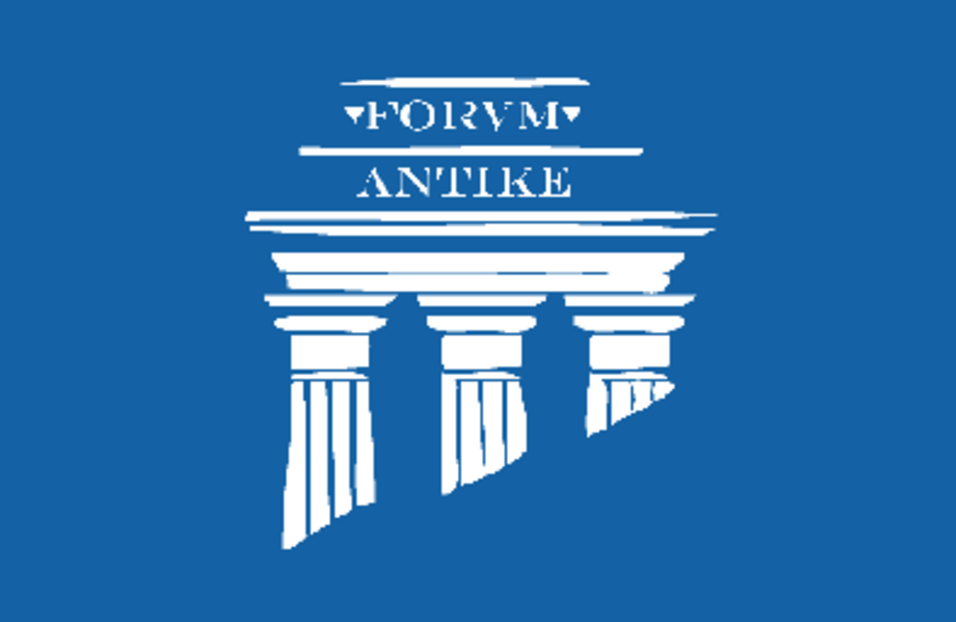It is commonly assumed that Greek democracies experienced major limitations from the second century BCE onwards because of the emergence of elite groups monopolizing public offices and of the constant support given to local aristocrats by Roman power. At the same time, references to the demos were ubiquitous in Greek cities under Roman rule, the ekklesia was still required to play a role in the decision-making process next to the Council, and public performances staging the people remained a constant feature of those communities all along the imperial period. Judging from fifth-century BCE Athens, Greek cities under Roman rule have been for a long time denied any democratic reality by scholarship, considering such discourses and performances to be only ‘an empty shell’ (G. E. M. De Ste. Croix). This paper will aim to reassess the issue, by examining the various forms of popular participation in the civic life, by stressing the attachment of local elites to civic values and to civic ideology—if only for their own legitimization—, as well as by emphasizing the expandable meaning of demokratia in Antiquity, as was admitted by Aristotle himself. It will be argued that, even if Greek cities in the Roman imperial period cannot be considered radical democracies according to the Classical Athenian standard, popular participation and civic ideology in those communities should still be regarded as being part of a general history of democracy.
Zugang zur Online-Sitzung unter: https://forumantike.univie.ac.at/programm-ws-202122/
Plakat mit allen Terminen (PDF)

